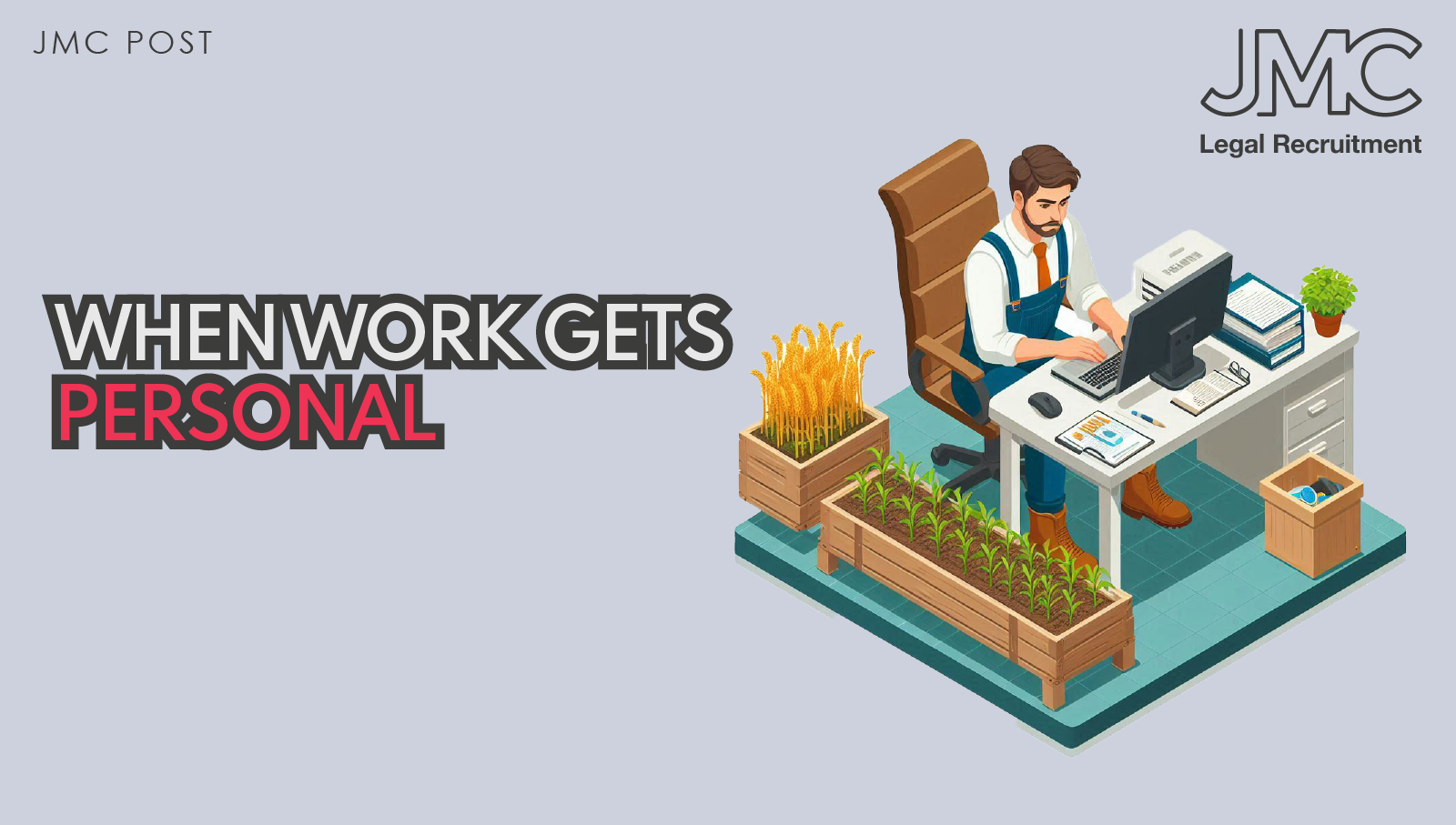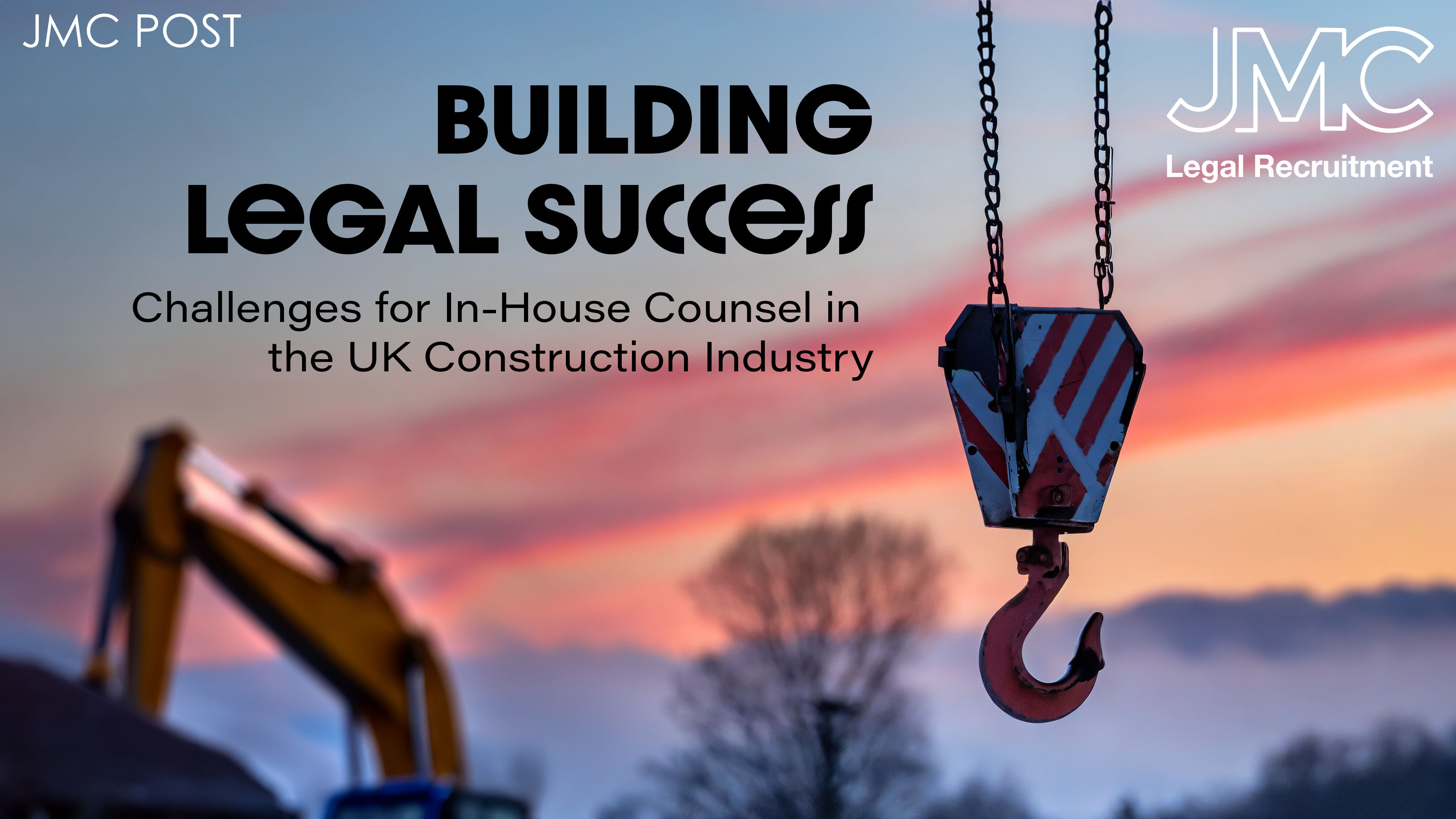
Challenges for In-House Counsel in the UK Construction Industry
06 Nov, 20236 minutes
In-house counsel working within the construction industry in the United Kingdom are no strangers to a unique set of challenges. As construction projects continue to be a driving force behind the UK's economic growth, the legal landscape becomes increasingly complex.
Regulatory Compliance
One of the foremost challenges for in-house counsel in the construction industry is navigating the intricate web of regulations and compliance standards. The UK construction sector is subject to a multitude of regulatory frameworks, including health and safety laws, building regulations, environmental regulations, and employment laws. Staying updated and ensuring that all aspects of the construction process comply with these regulations is a constant and demanding task.
The introduction of the Building Safety Bill in response to the Grenfell Tower tragedy has added further layers of complexity. In-house counsel must not only understand these regulations but also guide their organisations to proactively address compliance issues, particularly in areas of fire safety, building standards, and environmental sustainability.
Contractual Disputes
Construction projects are inherently prone to disputes, often related to contractual issues. In-house counsel must have a comprehensive understanding of construction contracts, which can be highly complex, and anticipate potential conflicts. Disputes can arise from various sources, such as differing interpretations of contract terms, payment disputes, delays, and changes in scope. Effectively managing and resolving these disputes is vital to ensuring project success.
Risk Management
Risk management is an integral part of the construction industry. In-house counsel must work closely with project teams to identify, assess, and mitigate risks effectively. This includes not only legal risks but also financial, operational, and reputational risks. From the potential impact of supply chain disruptions to managing insurance and indemnity claims, in-house counsel must be proactive in minimising the adverse effects of unforeseen events.
Supply Chain and Procurement
The UK construction industry relies on a vast network of suppliers and subcontractors. Managing procurement processes, vendor relationships, and ensuring fair and ethical practices within the supply chain is a challenging task. In-house counsel must guide their organisations to uphold ethical and legal standards, particularly with regard to modern slavery, diversity, and environmental sustainability.
Sustainability and Environmental Compliance
The UK's commitment to reducing carbon emissions and enhancing sustainability adds a layer of complexity for in-house counsel in construction. With the Construction Leadership Council's mandate to achieve net-zero emissions in the sector, in-house counsel must help their organisations adopt sustainable practices and ensure compliance with environmental regulations. The Green Finance Strategy and ESG (Environmental, Social, and Governance) considerations further underscore the importance of sustainability in construction projects.
Conclusion
In-house counsel working within the UK construction industry face a dynamic and multifaceted set of challenges. From regulatory compliance to contract disputes, risk management, sustainability, and technology, these legal professionals play a critical role in ensuring that construction projects proceed smoothly and successfully.
To overcome these challenges, in-house counsel must stay informed about evolving regulations, engage in proactive risk management, and guide their organisations in ethical and sustainable practices. In a sector vital to the UK's economic growth, the role of in-house counsel is more crucial than ever in navigating the legal labyrinths of the construction industry.



